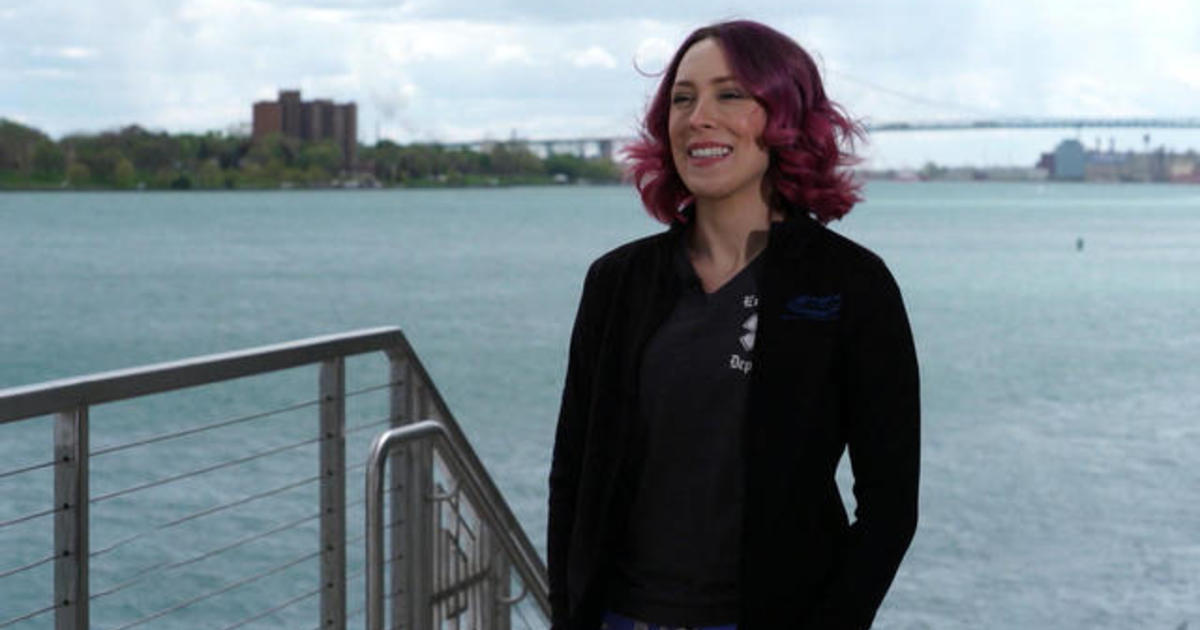- Reaction score
- 2,142
- Points
- 1,260
This worked for a brief period of time when the Boomers were still working and we didn't have shortages in labour. We also didn't train many people for a few decades because we had those positions filled with Boomers who were quite secure in those jobs. Now we no longer have those employees as they have retired, and we don't have the replacements needed because we set the bar too high for too long.
Times have changed since this "boomer" hired on.
Paramedicine | Joint Programs
Students in Paramedicine earn an Honours Bachelor of Science degree and an Ontario College Diploma while learning from leading academics and professionals.
The 'Baby Boom' generation is aging. As it does so, all of those 'boomers' become net consumers of health care, driving up demand for services. Simultaneously, all of those 'boomers' employed by the service in the early 1970s are reaching the end of their careers and retiring. Since subsequent generations are typically much smaller, the service is experiencing difficulty in recruiting suitably trained replacement staff, just as demand for services is increasing.
The "Surge" has been a long time coming.




